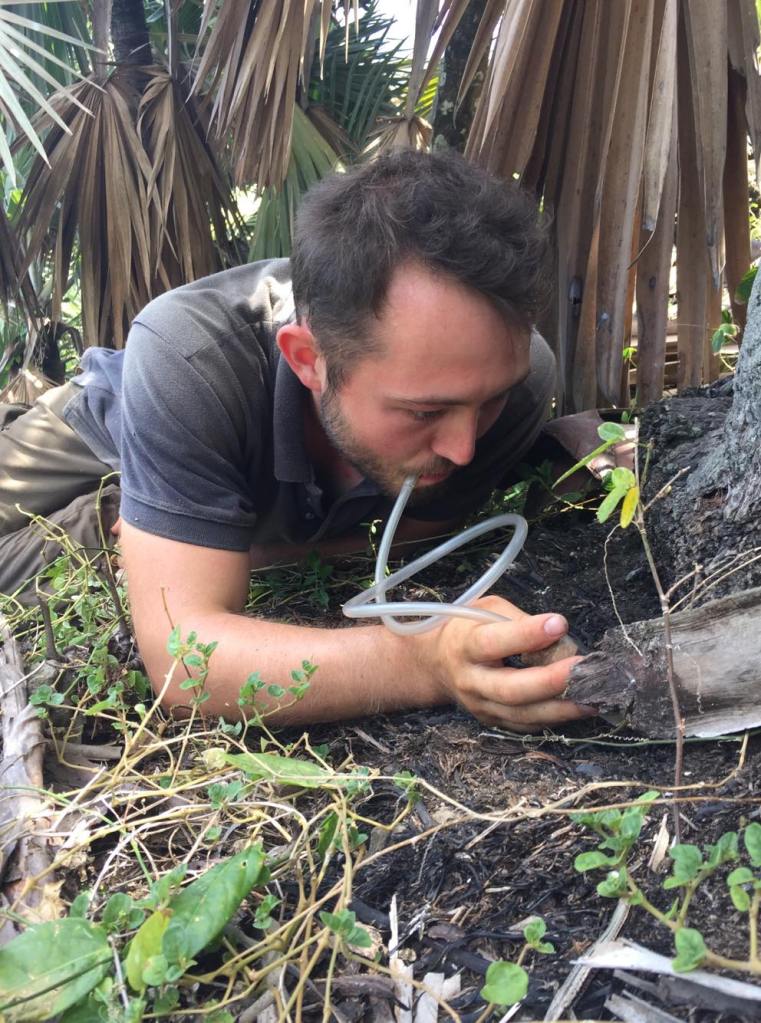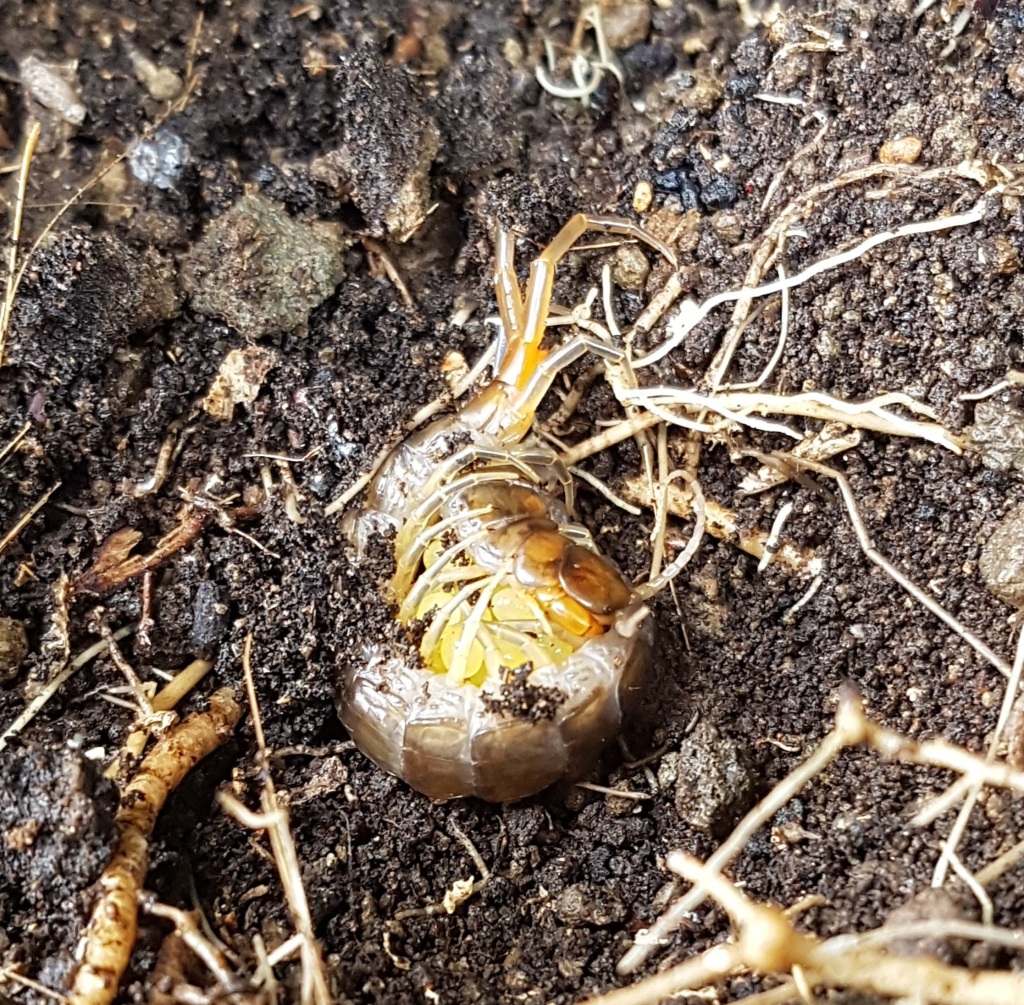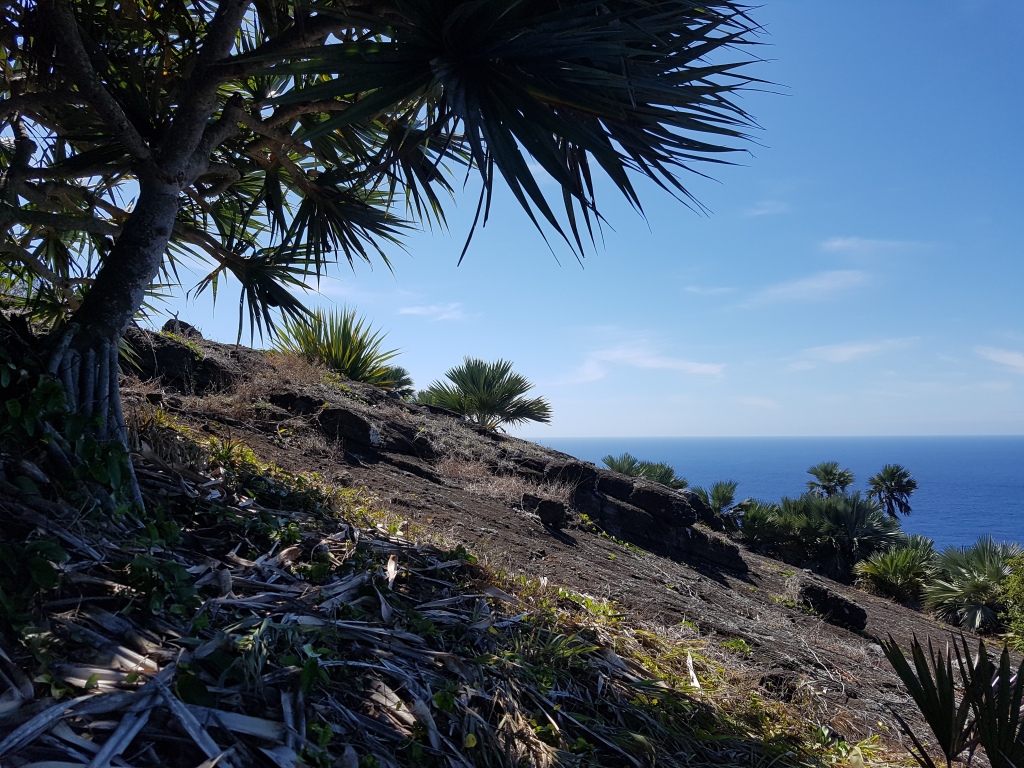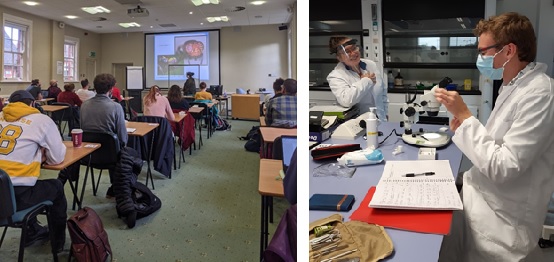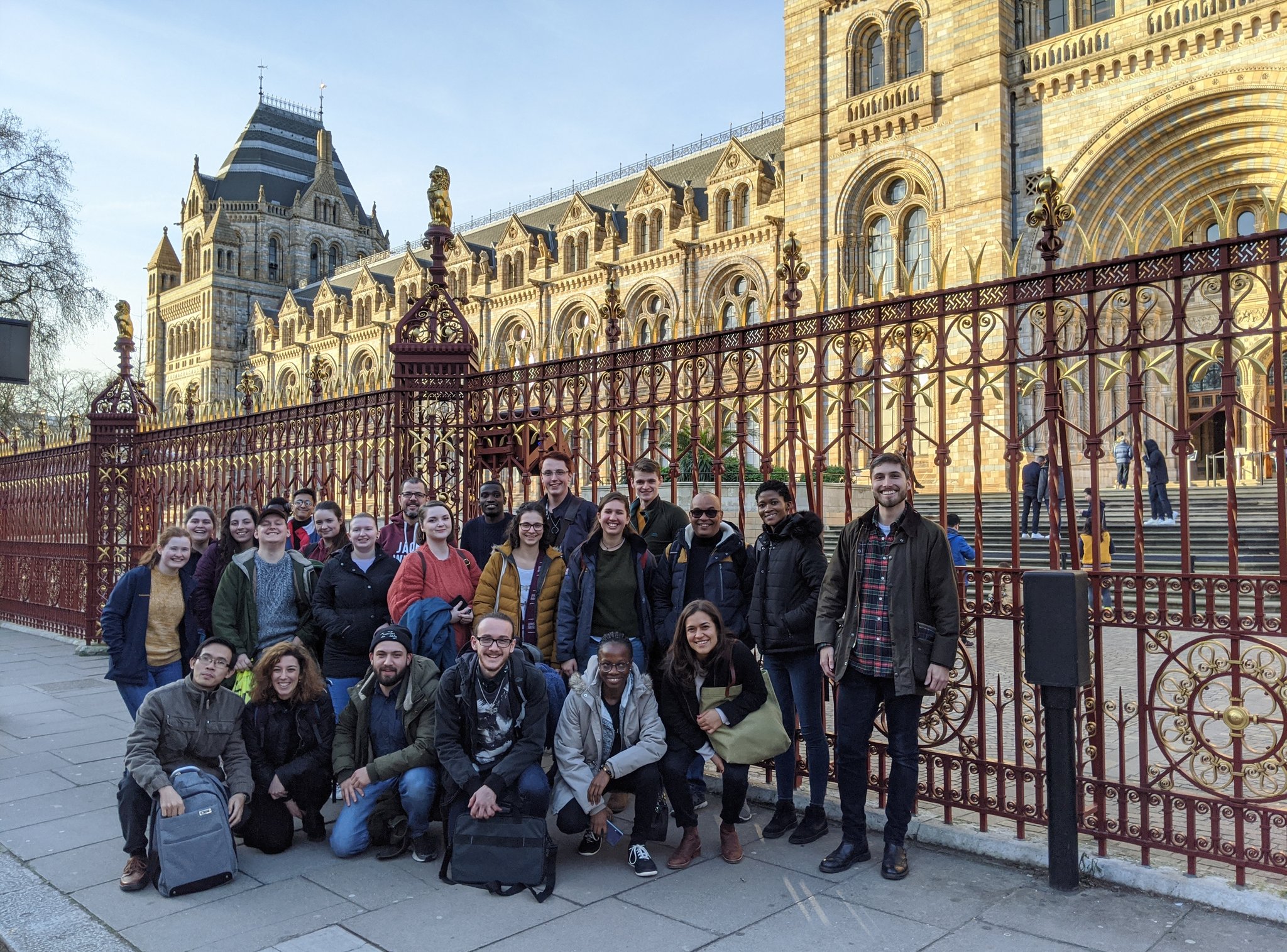Ask the alumni is a new series for the Mastering Entomology blog, inviting Harper Adams’ MSc Entomology and IPM alumni to share their journey, successes and advice with us since graduating from their studies.
Our next alumni braving the blog is the great Sam Deane!

Q: Please introduce yourself!
A: Sam Deane, currently working as an agronomist for New Gen Agri in Ireland. Grew up on a family farm in county Cork where from a young age I followed the agronomist around on his visits ,I recall him explaining the difference between Chickweed (Stellaria media) and Fathen (Chenopodium album). I should point out that while I wanted to be an agronomist from a young age, the term was not used locally, rather “cropwalker”.
Q: What post-graduate course did you study at Harper Adams and what year did you study?
A: Studied the IPM Msc, full-time, entering in 2014.
Q: Can you remember why you chose to study the course/what your future career goals were at the time?
A: In 2013 I graduated from UCD with a BAgSci in Agri-Environmental Science. This gave me a great foundation for a career in crop protection. I did my final exams in May and the following Monday morning I was employed as an agronomist or “cropwalker” for a local pesticides and fertilizer sales firm. In the two seasons (In Ireland from March to July is referred to as the “season” as this is the most important growing season for cereal crops) I learned a lot but still had questions that couldn’t be answered by anyone in my network so I applied for the IPM MSc at Harper Adams. IPM was becoming a real buzzword in crop protection at the time but most people didn’t really know what it meant, I felt it was important to get a true understanding of the principles if I was to be the best agronomist I could be.
Q: Has your career path since graduating followed that of the one you imagined?
Prior to entering the masters course my plan was to do the masters go straight back to Ireland and set myself up as a private crop consultant (paid for advise rather than sales of product). Instead I got a role in the UK with Premium Crops who offer seed contracts in niche cereals like Linseed, canary seed, naked oats and Millet. They needed an agronomist to build crop production programmes that could be then rolled out to farmers growing the crops. This involved research and trials and working with farmers in a handful of crops that very few people in the UK knew anything about. The IPM course really came into its own there as I had a framework on which to build my programmes for each crop and the challenges they met. Also due to the IPM course I could see how specific pests or diseases or weed control strategies might impact on each other and how to work around this. In this role I was nominated for the UK Agronomist of the Year award in 2017 which I got runner up, the winner had over 30 years’ experience! It is without doubt that the IPM MSc and the approach it taught was key to getting me so far in the awards process.
Q: What is your job now?
A: I currently work for New Gen Agri who are the UK and Irish distributor for Nutri-tech Solutions who have a range of biostimulant and trace mineral products. While pest management is not central to this role, we (the crop production sector) are finding that getting crop nutrition right and helping crops cope with abiotic stresses is having an positive impact on how we manage pests. Building strong healthy plants is key to fighting pest and disease attack, particularly in an era of every tightening pesticide regulation.
Q: What is your biggest success/proudest moment since graduating?
A: Life is made of small moments that can be made important. Getting to harvest and climbing on a combine to talk to a farmer and have him say thank you for all the help to get the crop to harvest always humbles me. Its about been part of a team and having solid partnerships.
Q: What are your plans for the future?
A: I have recently established a hazelnut orchard on the family farm. This is a crop that has no modern experience in Ireland so the future is exciting looking at adapting crop management strategies from around the world and building a market for native hazelnuts.
Q: How did the Harper Adams post-graduate course help you to get to where you are today?
A: The IPM course was key to getting my first role upon graduation, however it has been at the back of every role I have done since, it has sharpened and focused my natural curiosity around crop production to not only as “how” but also “why” and “why not” and not be afraid to push things a little bit.
Q: Do you have any advice for the current Entomology and IPM students?
A: Never give up on what you believe.
“you think you know something, you know nothing” (a kinder person would have told me to stay humble and curious, but that had a more lasting effect).
Find the positive in every situation.

